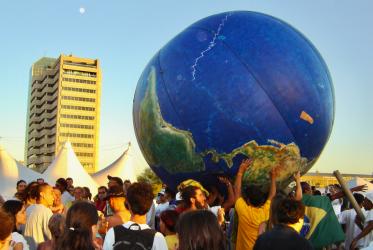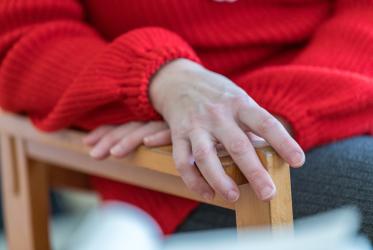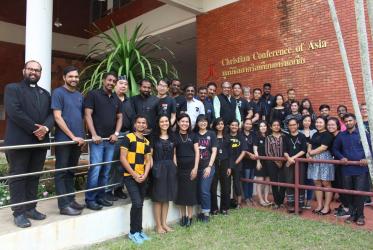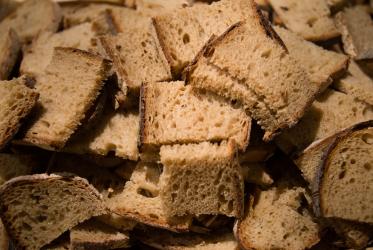Displaying 1 - 20 of 46
WCC Eco-School begins in Crete
15 November 2023
WCC Eco-School for Europe and North America region
11 - 18 November 2023
Orthodox Academy of Crete, Greece
WCC Eco-School 2020 for Pacific region is further postponed
14 January 2021
On World Food Day, “we pray for wisdom to care for the earth”
16 October 2020












